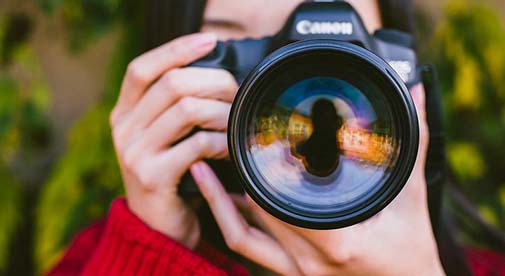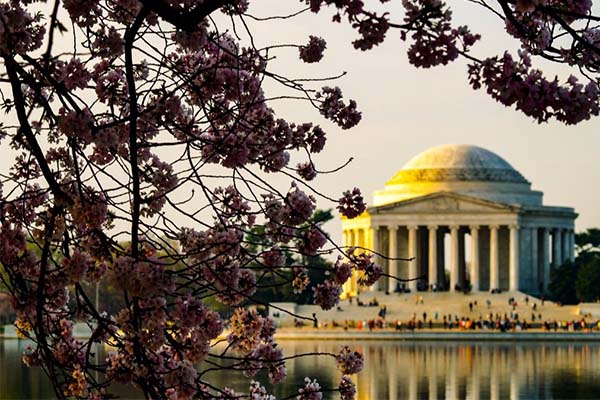Some people have a natural talent for photography, a natural eye for detail, and a natural artistic flair. On the other hand, I’ve been a diligent student of photography, seeking knowledge and pushing myself to stretch my abilities year after year.
My collection of snapshots catalog special memories and fleeting moments with family and friends. I wouldn’t trade them for anything. Sometimes, any photo, even a snapshot, is better than no photo at all. But in many situations, the power of intentional action magically transforms snapshots into artistic photos.
A snapshot is a casual photograph typically made by an amateur with a handheld camera. By contrast, photography is more considered and often carried out by a professional or semi-professional. Photography seems much more complicated than shooting snapshots—but it doesn’t have to be.
Here’s how I transitioned from typical snapshots to photos that I’m really proud of…
Vacation snapshots
This is an early photo of mine, before I started learning about the technical aspects of photography. It evokes one of my favorite memories of a 2009 Alaska cruise embarkation day.
Even using the “auto” setting, the picture is grainy, unbalanced, and doesn’t illustrate the brilliant colors of the natural surroundings. At the time, I had never heard of RAW photo formats, so this is, and forever will be, a .jpg format photo.
While I still enjoy looking at the photo, I knew that I wanted to improve so I could do an even better job of capturing those special memories. Those disappointing vacation photos triggered my determination to travel more and take better pictures. It was time to hit the books and elevate my skills.
Starting to shoot photos with intentional composition
During my first formal photography class, I learned that intentional photography can change a mediocre snapshot into a work of art, or at least into a marketable photo.
The lesson began at the edge of Washington DC’s Tidal Basin, with a golden sunrise reflecting from the Jefferson Memorial, and an umbrella of cherry blossoms overhead. The class moved slowly, and every shot was established with steady hands, careful consideration of the expected outcome, and among a group of engaged learners.
During the same trip, I took this photo of the Arlington Memorial Amphitheater. I was elated when it was accepted by the stock agency, and then again when it appeared on BudgetTravel.com with a photo credit.
The class instructors stressed that snapshots often occur when the photographer does not have a defined purpose. The camera is in automatic mode; you point it at something, and snap the photo. It’s the truth of a “point and click” situation.
During the course, because my fellow students and I shot our photos with intention, our initial snapshots became more artistic and demonstrated stronger composition. Also, the instructor feedback that was provided after each photo steered us in the right direction, and accelerated the learning process. Basic camera skills became second nature to me.
My investment in skills and feedback is starting to pay off
Over time, my skills have continued to improve and I’ve taken many more photography classes, including Great Escape Publishing’s Ultimate Photographer’s Workshop. I’m always delighted when the camera generates images that tell my life’s stories, and captures a scene the way it looked through my eyes. This photo was taken in a different marina and triggers another wonderful memory.
By embracing the feedback and knowledge gained in many photography classes and seminars, I’m excited to print this photo for personal greeting cards, calendars, or wall hangings.
How can you develop intent with your photos? An easy way to start is by systematically thinking about what kind of image you want to create. Bob Ross said, “Talent is a pursued interest. Anything that you’re willing to practice, you can do.” My interest in photography compels me to learn and to practice.
Talent? Maybe. Pursued interest? Absolutely. Are you ready to pursue your photography talent?




